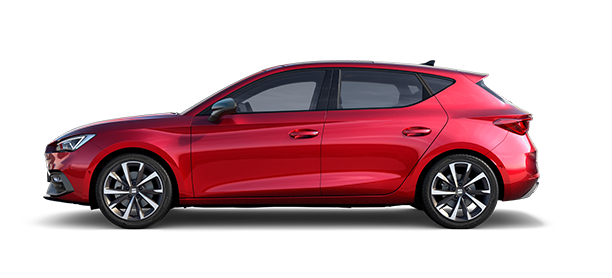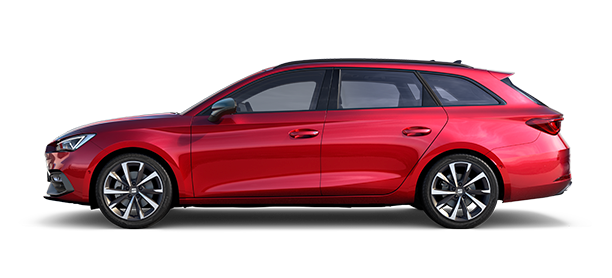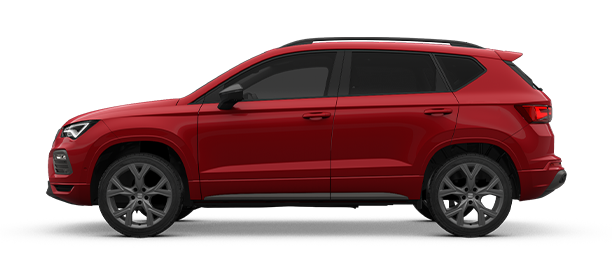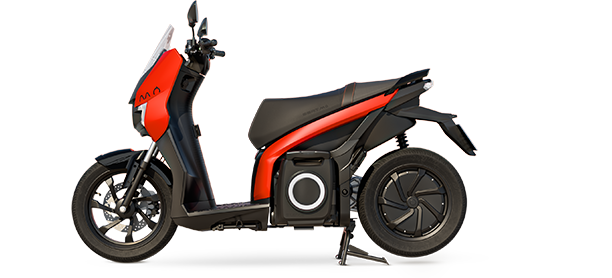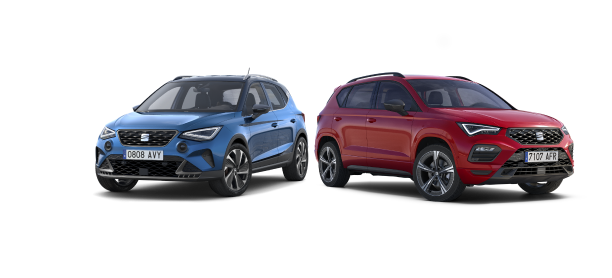The automotive world is evolving, and electric and hybrid cars are becoming increasingly popular. Despite their growing presence, many misconceptions about these vehicles persist. In this article, we debunk ten common myths about hybrid electric cars and reveal the truths behind them.
Hybrid Cars Are Not Efficient
One of the most common myths is that hybrid cars compromise efficiency. In reality, these vehicles combine a traditional internal combustion engine with an electric motor to optimise performance. This dual power source allows for impressive fuel efficiency, particularly in urban settings where the electric motor is heavily utilized. SEAT’s hybrid models demonstrate outstanding efficiency. Over time, the reduced fuel consumption and lower running costs make hybrids cheaper than petrol cars, especially when considering long-term savings.
Hybrid Cars Are Difficult to Drive
Another common misconception is that hybrid cars are complicated to operate. However, driving a hybrid is similar to driving a conventional car. The seamless transition between the electric motor and combustion engine provides a smooth driving experience. Most drivers won’t even notice when the car switches between power sources, which means no extra training is needed to handle these cars.
You Need to Charge Them All the Time
Some believe hybrids need constant charging, but this only applies to fully electric vehicles. Self-charging hybrids recharge through regenerative braking and the combustion engine. Plug-in hybrid electric vehicles (PHEVs) can be charged to maximise electric use, but the combustion engine provides backup power when necessary. This eliminates worries about running out of charge mid-journey, especially since charging stations are becoming more common and accessible.
Hybrid Cars Need More Maintenance
Contrary to popular belief, hybrid cars often require less maintenance than conventional cars. The electric motor reduces strain on the combustion engine, leading to less wear and tear on components like brakes and the engine itself. Regenerative braking extends the lifespan of brake pads, and fewer moving parts mean fewer mechanical issues overall. This contributes to lower running costs, making hybrids an option for those looking to save in the long term.
Hybrid Cars Are Slow and Underpowered
A frequent myth is that hybrid cars are slow and underpowered. However, modern hybrid electric cars are designed with performance in mind. The combination of the electric motor and the combustion engine delivers powerful, smooth acceleration. SEAT’s hybrid models show that hybrids can perform as well as, or better than, petrol cars in many situations. They are fast and fuel-efficient, even in demanding conditions.
Hybrid Cars Are Just for Urban Driving
While hybrid cars excel in city environments with regenerative braking, they are also suitable for long-distance driving. On highways, the internal combustion engine operates efficiently with help from the electric motor. This results in fuel savings whether in the city or on the open road. The environmental impact is further reduced with the efficient use of both energy sources, making hybrids a great choice for city dwellers and long-distance travellers alike.
They Have a High Carbon Footprint
Some argue that hybrid cars aren’t as eco-friendly because they still rely on fossil fuels and combustion engines. However, hybrids significantly reduce the emissions associated with traditional gasoline cars by utilising the electric motor in urban driving conditions. This reduced fuel consumption leads to lower overall emissions, making hybrids a more eco-friendly choice for those looking to minimise the environmental impact.
Hybrid Cars Are Not Made for Long Journeys
There’s a misconception that hybrids are only good for short trips. In reality, hybrids – especially PHEVs – can handle long distances effectively. These cars seamlessly switch between electric and combustion power, allowing for optimal performance and efficiency on long drives. The availability of charging stations, advancements in battery technology and high-speed DC charging in most recent models, have made it even easier to take hybrids on road trips without worrying about frequent stops to refuel.
Hybrid Cars Consume More Fuel
It’s often assumed that hybrids consume more fuel on highways. While hybrids excel in stop-and-go traffic, they are also designed to be fuel-efficient on longer drives. Hybrid cars use regenerative braking on downhill slopes to recharge the battery, storing energy that can later be used for maintaining cruising speeds or providing extra power when the engine demands it.
On motorways, the combustion engine operates at its most efficient, while the electric motor provides support. The result is lower fuel consumption than traditional petrol cars, especially when factoring in renewable energy sources for charging electric vehicles.
In conclusion, there are many myths floating around about hybrid vehicles, but as the industry evolves, these misconceptions are quickly being debunked. Hybrid electric cars offer a practical, efficient and eco-friendly solution for modern drivers, whether for short city commutes or long road trips.
From reduced maintenance costs to significant fuel savings, hybrids are becoming the go-to option for those seeking an optimal balance between performance and sustainability.







